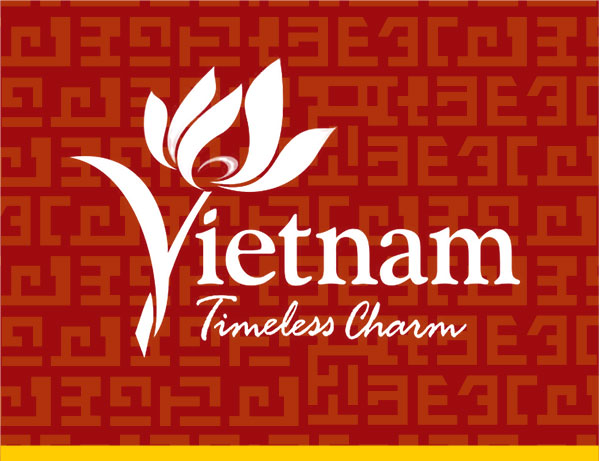The glue that binds the weather of the ‘tam giao’ – the triple religion
Taoism is believed to have originated in China with a person named Lao Tzu at around 500 B.C. The legend says that Lao Tzu was so “saddened by his folk’s disinclination to cultivate the pure goodness he advocated” that hedecided to desert civilization. Before leaving, he wrote a short work called Tao Te Chaing, (The Classic of the Manner and its Power) describing the which means of the Tao (the way, or path) and the way one ought to dwell in line with the Tao.
The Tao is described in highly poetic allusions that are removed from clear. The book directs its readers ‘to take no action contrary to nature’ and to ‘stay in harmony with the Tao’.
A follower of Lao Tzu, Khuang Tzu, additional developed the Taoist philosophy, emphasizing that the Tao can’t be taught or expressed in words. All things are reconciled within the Tao – there is no concept of good and evil. Only virtuous, non-violent, compassionate behaviour can take one closer to the means of the Tao.
Taoism turns into a religion
In the first century AD, Lao Tzu gradually grew to become deified, thus enabling his followers to improve their chances of immortality by way of worship, complicated rituals, good deeds and meditation. A pantheon of Gods and the panoply of religion, together with magic, geomancy, astrology and communication with spirits developed.
Yin and Yang
Central to the Taoist philosophy is duality, an ‘oneness’ product of complementary opposites. Yang is male, associated with the sun, sizzling, active, inflexible and conformist. Yin is feminine, related to the earth, cool, passive, versatile and unorthodox. This principle applies to all components of existence – from nature to a specific individual. Social disturbance, pure disasters, personal sickness, unsettled family relationships and so on are all the result of an imbalance between the forces of Yin and Yang. Restoring concord cures the ills and offers a way of direction.
The implications of Yin and Yang
The tacit suggestion that there is a pure regulation governing all life and directing exercise towards harmony prompts Taoists to behave in a means that least disturbs the stability of Yin and Yang. Life kinds ought to subsequently be based on regulated harmonious behaviour, and relationships between women and men, parents and youngsters, rulers and subjects, needs to be fastidiously regulated within the pursuits of harmony and balance. Government ought to be minimal and forces for change avoided.
Taoism and other beliefs
The congruity of Taoism and Confucianism is straight away obvious. Confucianism is a way of regulating behaviour without a spiritual dimension. Taoism is spirituality and mysticism missing agency precepts. The association of Theravada Buddhism with Taoism additionally had synergies -the rules of Buddhism included non-violence, passivity and a path to enlightenment, but lacked ritual. Mahayana Buddhism adopted lots of the Taoist Gods and practices.
Vietnam and Taoism
In Vietnam, Taoism is the linking mechanism for Buddhism, Confucianism, Ancestor worship and animism. Countless photographs of the Gods of Taoism are in temples and pagodas throughout the country. Most homes use their altar to worship the ‘Kitchen God’, the identify for the triumvirate of Taoist deities that monitor the families’ behaviour. Many of Vietnam’s festivals, together with Tet, have a Taoist tradition.
Fortune-telling, astrology and geomancy are an accepted a part of everyday life. Components for traditional medication and foods are designated as ‘hot’ or ‘cool’, and the principle of harmony and balance underpins healthcare.
Visitors to Vietnam will often be puzzled by a small mirrored octagonal disc, with the Yin Yang and different symbols, fastened above the door of most houses and small shops. It’s to protect the house by barring wandering spirits, or ghosts.
